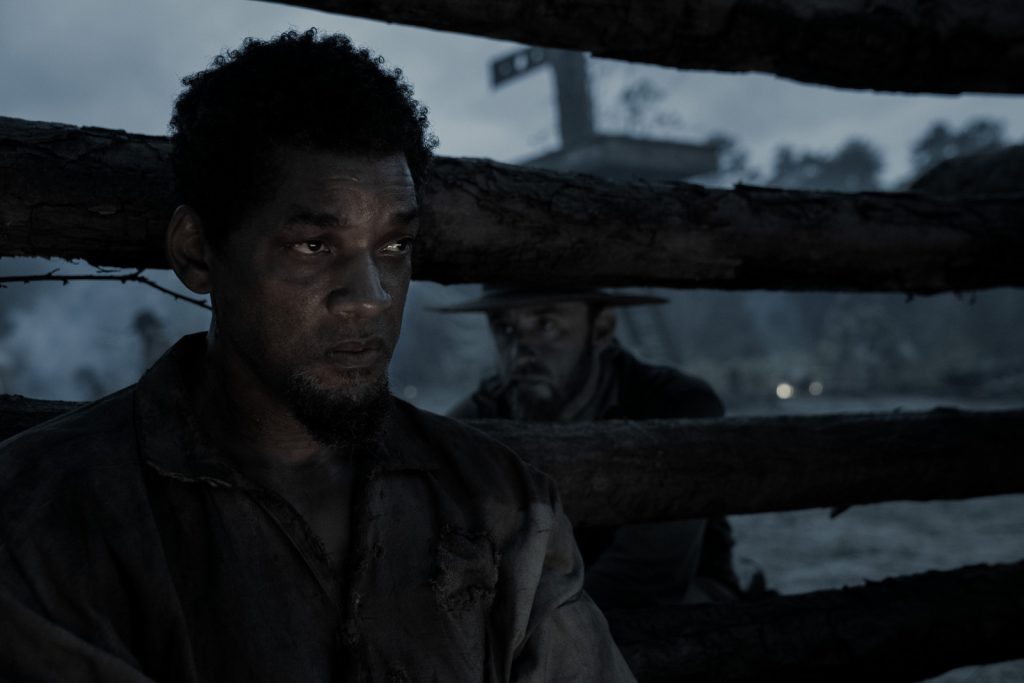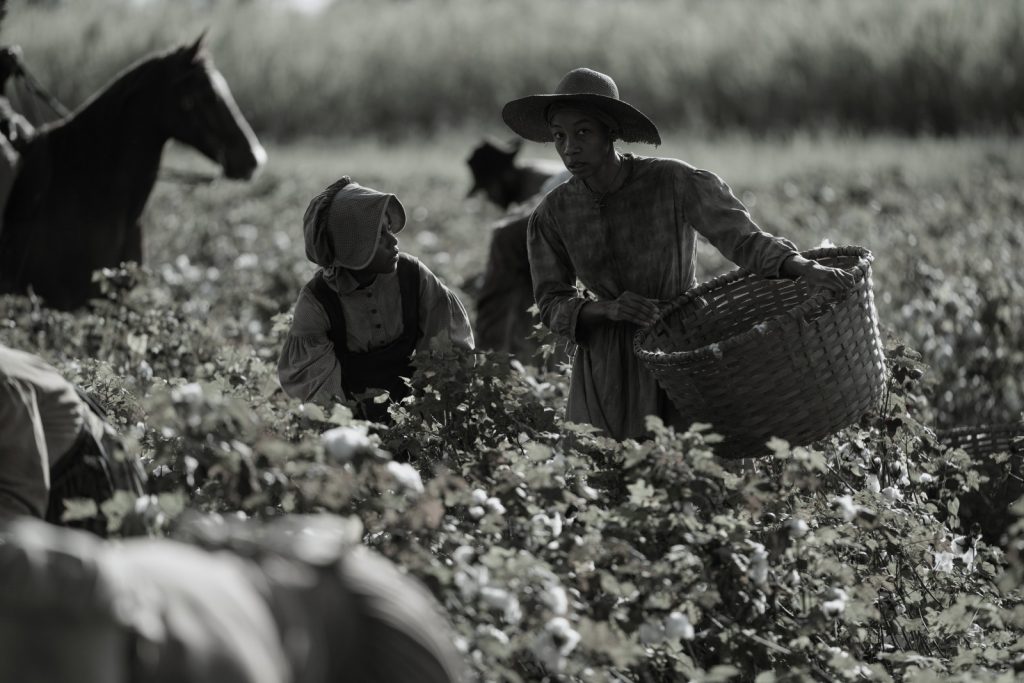Being born in the late 1990s, my introduction to Will Smith was on The Fresh Prince of Bel-Air which I only got a chance to watch 20 years after the sitcom debuted in September 1990.
Smith’s charm, charisma and wit has allowed me to enjoy many of his on-screen characters. He has undoubtedly created a legacy for himself beyond being the Bel Aire prince. He has won many awards, including an Oscar for his portrayal of Venus and Serena Williams’s father, Richard Williams, in the movie King Richard. This was the night he would later describe as horrific — the night when he slapped comedian Chris Rock on stage.
Eight months later, the actor sat down for his first public interview since the incident, with Trevor Noah on The Daily Show, as he promoted his latest film Emancipation which was released on 9 December 2022 on Apple TV.
This interview, where Smith opened up about how his actions affected those choosing to work with him, convinced me to watch the film.
Inspired by real-life events, director Antoine Fuqua’s Emancipation tells the story of an enslaved man named Peter. He is a devoted husband, father and a man of faith who keeps his family united and safe, despite living as slaves. However, like it does in many other slave movies, violence erupts. Peter, played by Smith, is viciously separated from his family and sold.
He escapes captivity and heads through the Louisiana swamps in the hope of making it back to them. The race is on as he faces off with crocodiles and the slave hunter Fassel, played by Leave No Traces actor Ben Foster.
It wouldn’t be fair to solely base my rating of the film on Smith’s performance. His emotional range in this movie is very Smith-like. If you’ve seen
Seven Pounds, you will know that the actor has a signature style when he takes on roles that require emotional depth, rooted in trauma. What Smith can give is usually very standard, with little emotional range, making it difficult for the audience to fully engage with the complexities of the character he tries to portray.
There’s a scene at the beginning of the movie where Peter is introduced as the family man and Christian. He solemnly tells his family about the importance of having faith in God. He tells his wife Dodienne, played by The Good Fight’s Charmaine Bingwa, that they do not need to be afraid in the face of slavery.

He maintains the same facial expression and embodiment of the character when the slave hunters shoot his friend as they cross the swamp. It feels forced and we lose the essence of his character’s pain and turmoil.
The inspiration for the film is drawn from an image titled Whipped Peter. The picture, taken in 1863, shows a deeply scarred man with lesions from whiplashes across his back, indicating the cruelty of slavery.
Don’t get me wrong I completely comprehend the importance of being educated on the history of slavery but some of Fuqua’s cinematography choices are puzzling. For example, the film is shot in black and white, which only works for a certain audience.
The level of brutality was often uncomfortable. Many scenes are harsh, graphic and violent. However, the film still tries to tell a story of triumph, faith, family, love and resilience and restoring the dignity of a man whose painful struggles have been displayed for the world to see for centuries.
Watching that level of brutality was heartbreaking, even if Fuqua intentionally sought to create this uncomfortable viewing experience. Through this choice, however, he loses the essence of who Peter was and rather tells us about what he went through — making a movie about the gruesomeness of slavery. – Bongeka Gumede
Emancipation follows the true story of Peter, a black man in the American South during the bloody Civil War period. The country was violently transitioning from a society that thrived on slavery to a free one.
Emancipation is a sadistic cat-and-mouse story. Enslaved Peter, played by Will Smith, is hunted like game by a merciless white American enslaver, Fassel (Ben Foster). The chase scenes in Louisiana’s swamps, where Smith finds himself hiding from racist hunters, are drawn out and exhausting.
At just over two hours, Peter’s constant overcoming of obstacles becomes repetitive and belaboured, despite the fancy drone shots and high-octane pursuit scenes.
Director Antoine Fuqua does not shy away from raw, brutal violence. Smith’s character in Emancipation will be familiar to history enthusiasts as the man in the infamous Whipped Peter photograph, on which the film is based. During Peter’s enslavement, the whipping nearly took his life, but his medical exam after joining the Union Army exposes the psychological wounds.
The gut-punch imagery of Emancipation shows the film is a slave-era drama and survival-thriller, but the storyline relies too heavily on Smith’s victories in the face of being hunted like a wild animal. It tells a truly remarkable story in a just-okay manner. The film undermines the very story it is trying to tell.

The man who lost a seat at the Academy Awards is shown to be wrestling an alligator underwater in the swamps of Louisiana. One character in the film even says Peter can “survive things most men can’t”, pivoting Emancipation into a superhero saga.
Fuqua’s creative choice of a near black-and-white film, with the use of desaturated colours and sparing bright tones of green and red, keep the mood of the film sombre and tones down the violence. But the actual content of Emancipation is clumsy as Fuqua tries to mix gut-wrenching visuals of violence and the bloody battlefields of the Civil War with serene drone images.
This confused cinematography proves how easy it is, 160 years later, to erase the true horrors of history and immortalise Peter’s true story. Emancipation does not offer any new perspectives on the Civil War era, nor does it provide a nuanced view of Peter’s struggles. The lack of saturated colour in the film is fitting for this black-and-white retelling of the lives of those who fought for freedom from enslavement.
A question to ponder is whether Smith’s performance is award-worthy, even if he’s been banned from the Academy Awards for 10 years. Emancipation’s star-studded cast and high production value cannot free it from blunt storytelling. – Kimberley Schoeman